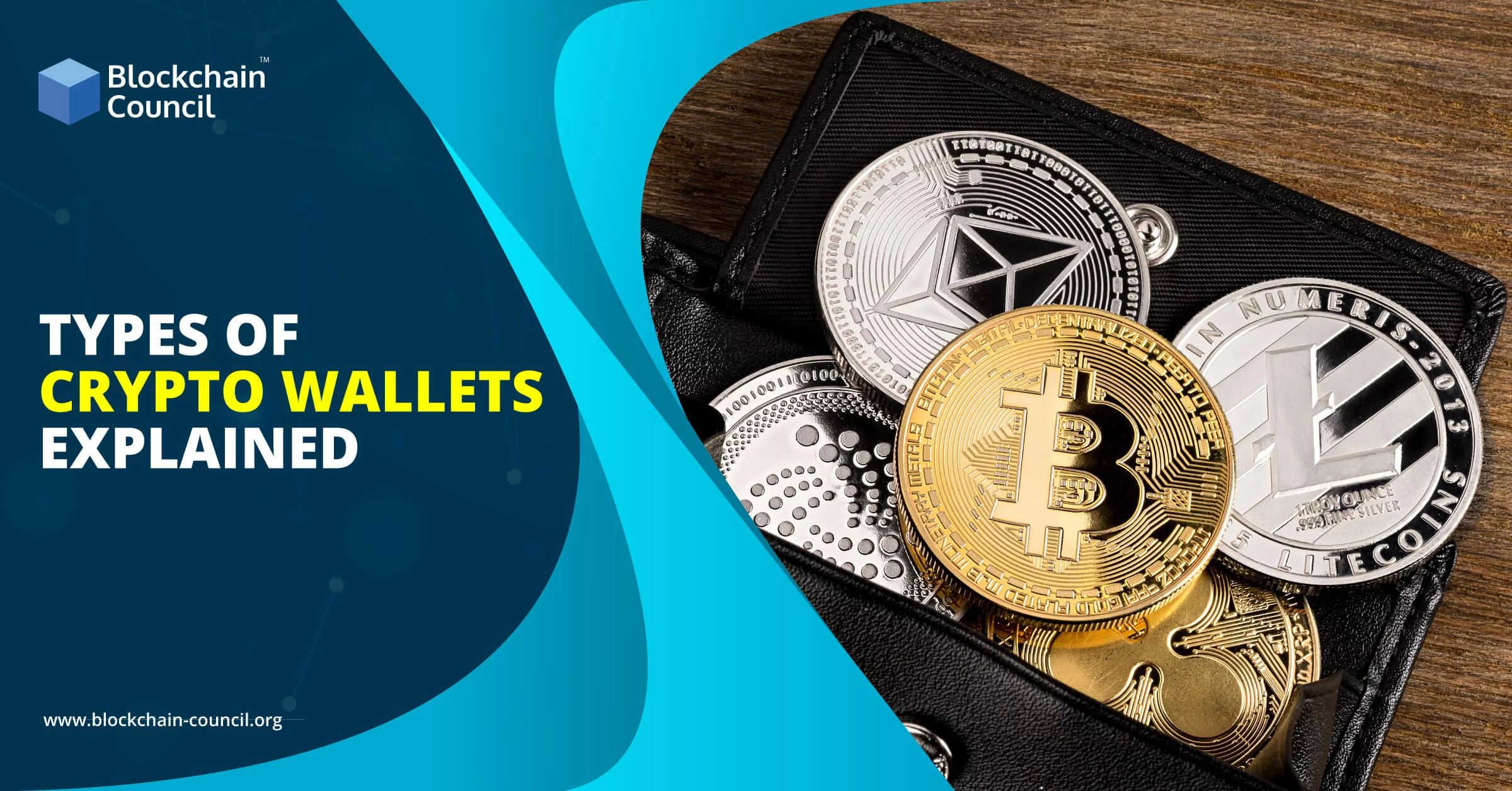
- Toshendra Kumar Sharma
- July 05, 2019
The two-day G20 leader’s Summit was held on 28 and 29 June 2019 in Osaka, Japan. This is the fourteenth meeting of the G20 which was attended by India’s Prime Minister Narendra Modi and world leaders from across the globe and the European Union (EU). The new Indian Finance Minister, Nirmala Sitharaman and the Finance Secretary, Subhash Chandra Garg also took part in the G20 Summit. The countries which took part are India, Italy, Turkey, Argentina, Australia, Brazil, Canada, China, Germany, France, Indonesia, Japan, Mexico, Republic of Korea, the Republic of South Africa, Russia, Saudi Arabia, United Kingdom, and the United States of America.
Suresh Prabhu, India’s Sherpa to the G20, detailed the numerous discussions Modi participated in at the two-day summit. An Indian sherpa is the personal representative of a head of state or government. Preparing international summits such as G20 summits is the primary purpose of an Indian Sherpa. He revealed that India would be the host nation for the G20 Summit in 2022. Garg heads an inter-ministerial committee which is tasked with drafting a crypto regulatory framework for India. Last month, he had commented that the report comprising of the recommended framework was ready to be given to the Finance Minister for Approval. According to Prabhu, crypto standards implementation was discussed at the summit by the G20 world leaders.
At the G20 summit, world leaders announced their commitment related to the crypto standards which have been put forth by an inter-governmental body called the Financial Action Task Force (FATF). FATF was established in 1989 by the Ministers of its Member jurisdictions. The main objective of FATF is to set standards and promote effective implementation of regulatory, legal, and operational measures for combating terrorist financing, money laundering, and other threats related to the integrity of the international financial system. It is liable for creating world insurance policies and is, therefore, a policy-making body which works to bring about national legislative and regulatory reforms. FATF is located in Paris, France.
During the conclusion of the summit, the G20 world leaders issued a declaration on crypto belongings, which stated:
“We, the leaders of the G20, met in Osaka, Japan on 28-29 June 2019 to make united efforts to deal with main world financial challenges … We reaffirm our dedication to making use of the not too long ago amended FATF requirements to digital belongings and associated suppliers for anti-money laundering and countering the financing of terrorism.”
Before the leader’s summit, the G20 Finance Ministers and Central Bank Governors met in Fukuoka, Japan, on June 8 and 9. Here, crypto-related topics and FATF’S guidance on crypto-assets were discussed. Also, India’s Department of Revenue had been working with the FATF on global standards for crypto assets. The FATF issues its new guidance on a risk-based approach for virtual assets and virtual asset service providers (VASPs) a week before the commencement of the G20 summit on June 21. VASPs are also summarized to be required by the FATF guidelines for identifying recipients of customers and for transferring that information. This new approach will be implemented to transactions which are more than 1,000 USD or EUR threshold. Various crypto associations have signed an MOU (Memorandum of Understanding) at the end of a group of national trade associations representing the local VASPs called the V20 summit. One of the purposes of the agreement is to connect with government agencies and FATF.
According to Nischal Shetty, the CEO of India’s trusted Bitcoin and cryptocurrency exchange, Wazirx, “You cannot expect an exchange in one country to adopt FATF standards while exchanges in other countries don’t, that just won’t work.”
If one country implements FATF guidelines and the other country doesn’t, it will be difficult for these countries to perform transactions. According to the Sherpa, Modi made it clear to other leaders that he “believes in changing the world for [the] better through a process wherein technology, traditional knowledge, good governance and making sure that everything is integrated into a unified policy.”
Prabhu also revealed that Japan will continue to discuss more things. Japan has constantly been at the forefront of crypto regulation and has legalized cryptocurrencies as a means of payment in April 2017 and has approved the operation of 19 crypto exchanges in the country.
The implementation of FATF standards would remove uncertainty and fear an Indian crypto asset community often faces about the banning of cryptocurrency. India is most likely to follow the decision taken by a majority of the G20 nations. FATF standards have the potential to bring in full transparency to crypto transactions.





































































 Guides
Guides News
News Blockchain
Blockchain Cryptocurrency
& Digital Assets
Cryptocurrency
& Digital Assets Web3
Web3 Metaverse & NFTs
Metaverse & NFTs
